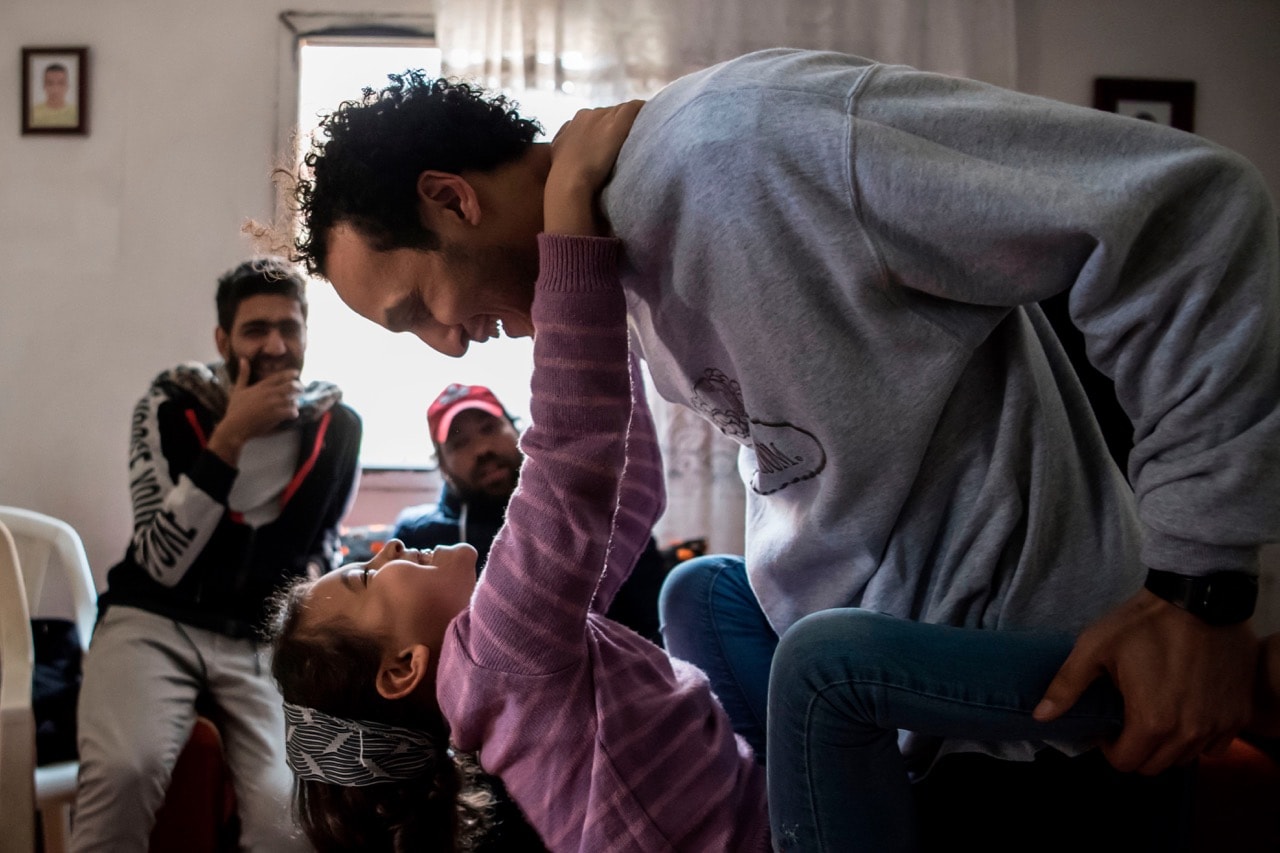Mahmoud Abou Zeid, also known as Shawkan, had been held since 14 August 2013, when he was arrested as he was preparing to photograph the violent dispersal of a massive sit-in.
This statement was originally published on rsf.org on 4 March 2019.
Reporters Without Borders (RSF) hails today’s release of Mahmoud Abou Zeid, the Egyptian photojournalist also known as Shawkan, after more than five and a half years in prison, but deplores that the fact that he is still only half free because he is supposed to spend 12 out of every 24 hours in a police station for the next five years.
Mahmoud Abou Zeid, also known as Shawkan, had been held ever since 14 August 2013, when he was arrested as he was preparing to photograph the use of extreme force by police to disperse a massive sit-in by Muslim Brotherhood supporters in Cairo’s Rabaa al-Adawiya Square, resulting in a bloodbath.
He was released at dawn today but is due to remain under strict judicial control for five years, spending part of his days and all of his nights, from 6 p.m. to 6 a.m., in a police cell. An appeal is under way which, if approved, could free him from the obligation to spend every night at a police station.
“Shawkan must now recover his complete freedom, not just 12 hours a day,” said Sophie Anmuth, the head of RSF’s Middle East desk. “A first battle has been won and we thank all those who joined in our efforts to get him freed. The campaign will continue as before, not just during Shawkan’s appeal but also to press for the release of the more than 30 other journalists detained in Egypt because of their work.”
RSF has been calling for Shawkan’s release after since his arrest. It launched the #MyPicForShawkan campaign, which was widely followed on social networks, including in Egypt despite the risks entailed there. As a result of a simultaneous campaign by RSF’s Washington bureau, the US Congress’ Human Rights Commission took up his case. A few days before the verdict in his trial, RSF and Amnesty International France staged a joint demonstration outside the Egyptian embassy in Paris to demand his immediate and unconditional release. RSF also supported Shawkan’s nomination for UNESCO’s Guillermo Cano World Press Freedom Prize, which he was awarded last year.
After being held arbitrarily for more than two and a half years, Shawkan was put on trial with around 700 other defendants in December 2016. When the trial finally concluded in September 2018 with Shawkan receiving a five-year jail term, he should have been freed at once because he had already spent more than five years in detention.
Instead, for Kafkaesque reasons that are common in Egypt, he had to spend another six months in prison, and then another two weeks in a police station before finally being able to go home today.
With at least 32 professional and non-professional journalists currently held in connection with their reporting, independent journalism is dying in Egypt, which is ranked 161st out of 180 countries in RSF’s 2018 World Press Freedom Index.



